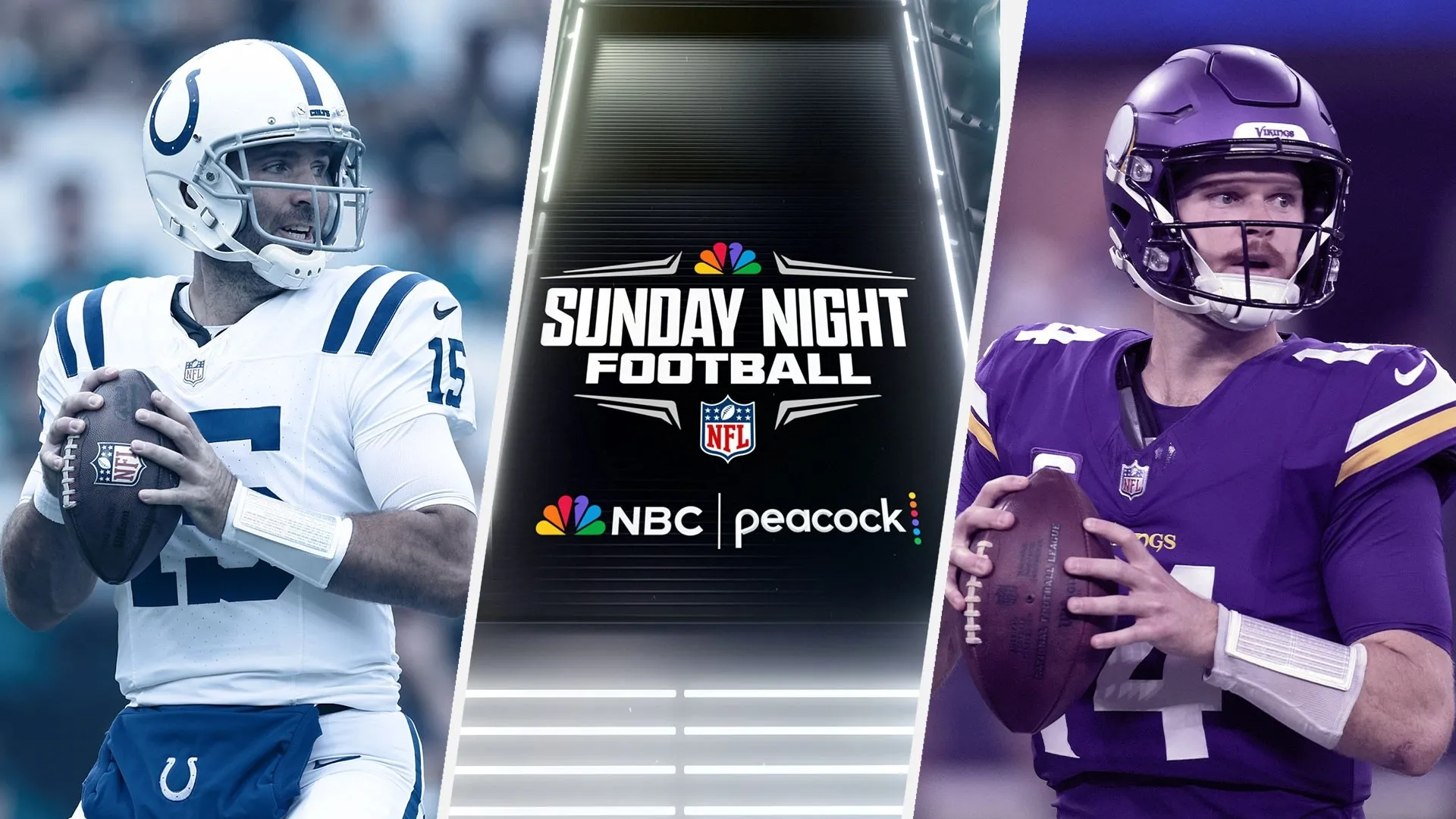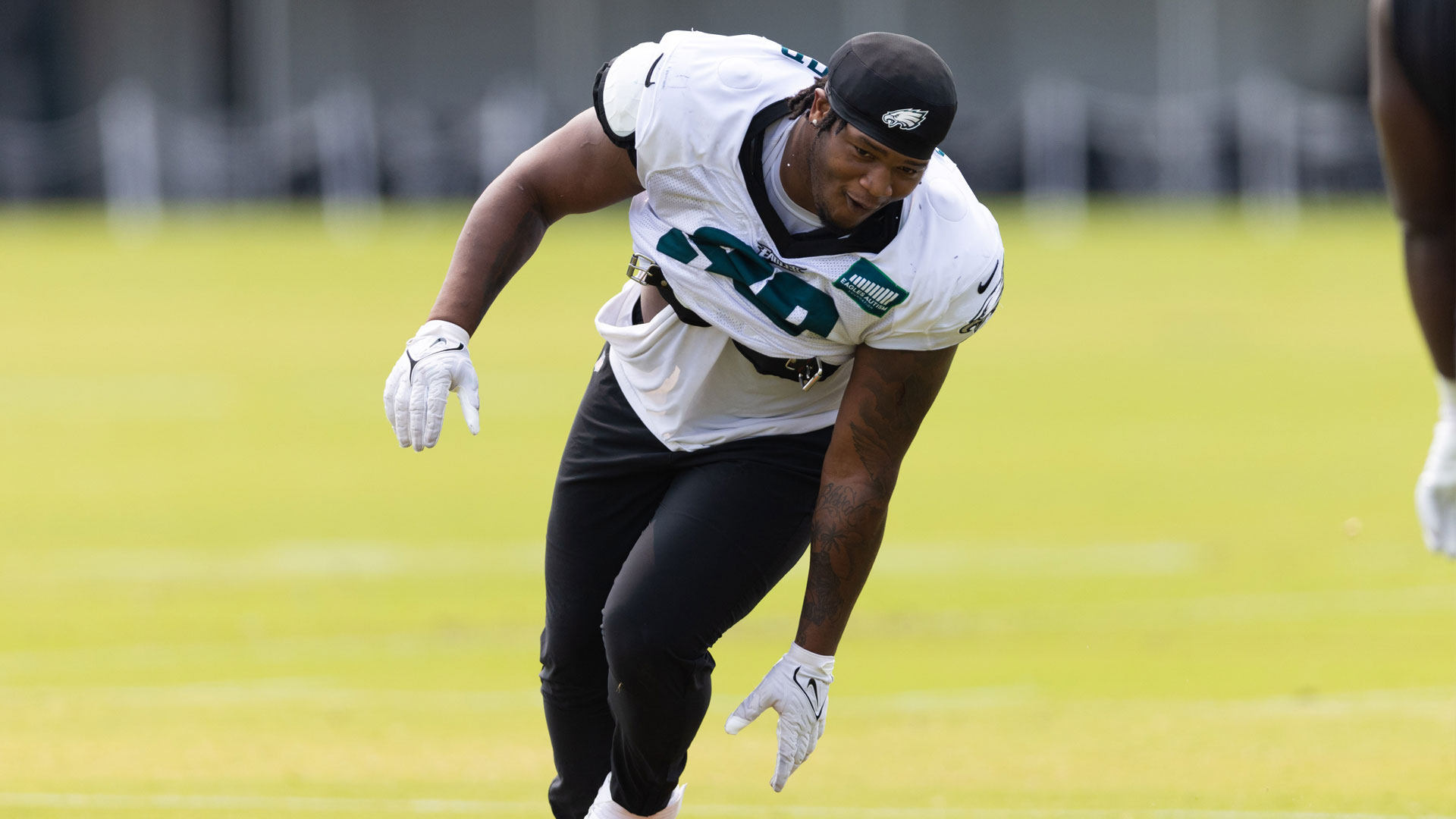They might give up 100 straight completions and they might give up a bunch of big running plays. So far, it hasn’t mattered because the one thing the Eagles’ defense doesn't do is give up big plays.
The Eagles' defense is best in the league at preventing big plays, and it's a big reason they're allowing just 15.6 points per game.
Factor in their league-high 16 takeaways and 23 sacks – fifth-most in the league - and it’s no surprise the Eagles have only allowed nine touchdowns in their last six games.
Stay in the game with the latest updates on your beloved Philadelphia sports teams! Sign up here for our All Access Daily newsletter.
Combined outstanding pressure – Pro Football Focus ranks the Eagles 4th in the league at generating pressure – and tremendous coverage by two of the best cornerbacks in the game – PFF has Darius Slay and James Bradberry eighth and 10th among all corners in coverage – and opposing teams just don’t have many opportunities to get the ball down the field without hitting plays.
Which they can't do.
The Eagles have allowed just 15 plays of at least 20 yards – fewest in the league – and only three plays of 30 yards or more – also fewest in the league.
They haven’t allowed an offensive play of 30 yards in their last three games, and they’ve only allowed two on the last 447 snaps they’ve faced. The longest play they’ve allowed this year was the first play of the season – DeAndre Swift’s 50-yard run.
NFL
The only 30-yard plays they’ve allowed since are Carson Wentz’s 45-yard strike to Terry McLaurin – with Washington trailing 24-0 – and Trevor Lawrence’s 45-yarder to Christian Kirk – with the Jaguars trailing 29-14.
Overall, the Eagles are allowing just 4.7 yards per play, second-lowest in the league (behind the Broncos) and their lowest since 2008.
How do you beat the Eagles without hitting big plays? Nobody’s figured that out yet.
“I think it’s going to be really hard for a team to beat us dinking and dunking, and it’s also going to be hard for a team to beat us kicking field goals, because of our offense,” James Bradberry said.
“The way our offense can score, that puts a lot of pressure on the opposing offense. So if we can limit the big plays, it just makes it really tough for teams to score against us. It’s a huge priority for us.”
Last year, the Eagles allowed 14 plays of 30 yards or more, which was third-fewest in the league. This year they’re on pace to allow seven, which would match the fewest as far back as the Stathead play finder goes (1994). The 2007 Colts allowed seven.
As recently as 2020, the Eagles allowed an NFL-high 34 plays of 30 yards or more.
This is clearly a hallmark of the Jonathan Gannon defense. Keep everything in front of you and when the opposing team starts falling behind and taking risks, take advantage with sacks, takeaways or red zone stops.
So far, that formula is 7-0.
“That's a winning stat, a winning stat,” Gannon said of limiting big plays. “You guys know I'm not a stat guy, but that's one that I look at.”
The Eagles are 6-8 over the last two years when they allow a play of 30 yards or more. They’re 10-1 when they don’t, the one exception the regular-season loss to the Bucs last October in Tampa.
Gannon said he and Nick Sirianni have always believed that takeaways and big plays – on both sides of the ball - are the most important factors in winning football games.
“That’s why I love that the head coach, it's important to him because we're completely in lockstep with that,” he said. “Taking the ball away and explosive plays, offense and defense, those are two winning stats.
“We always have that in our mind. Our players have that in their mind.”
Gannon shared some interesting insight on why his guys play more aggressive sometimes and go for a big play and why they back off and allow short gains at other times.
“Certain situations, you see I call the game with that in mind,” he said. “There's a stress and there's a strength of every call. I think our players have done a really good job of knowing that if a stress point of a call is an explosive play, they play it that way. They're not going to gamble and guess or be super aggressive in certain calls because they know they don't have help and they can't play like that.
“When there's other calls that the strength of the call is to take away the explosive pass, then they can be a little more aggressive in certain routes. That comes down to having really good coaches. They have the players understand within each call what's the stress and the strength of the call, when they can be aggressive and when they can't.
“That's an entire defensive thing that we talk about with all of our guys because the quickest way to get beat is the ball going over your head. Our guys know that. They've done a really good job with it.”


